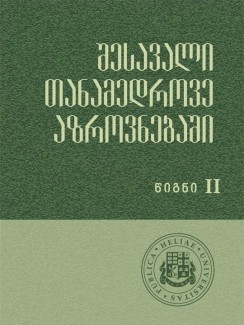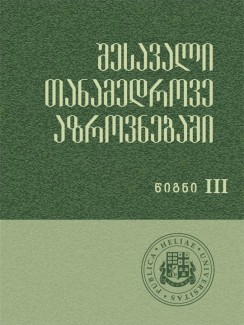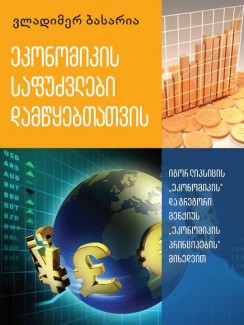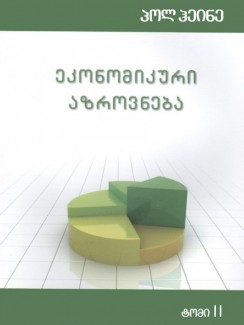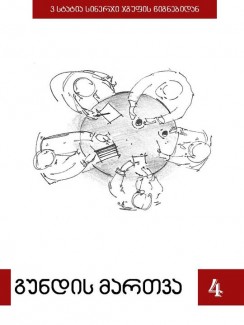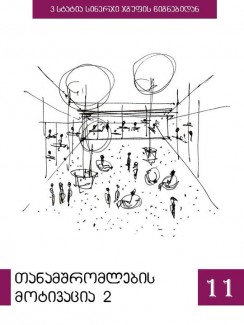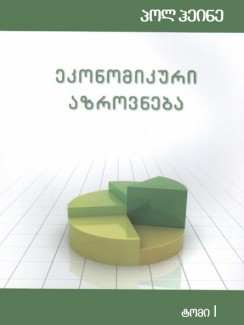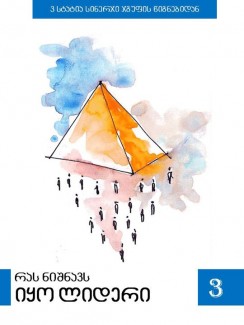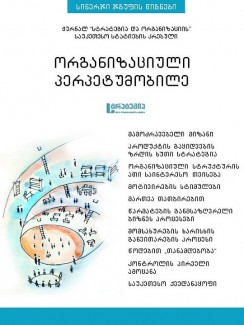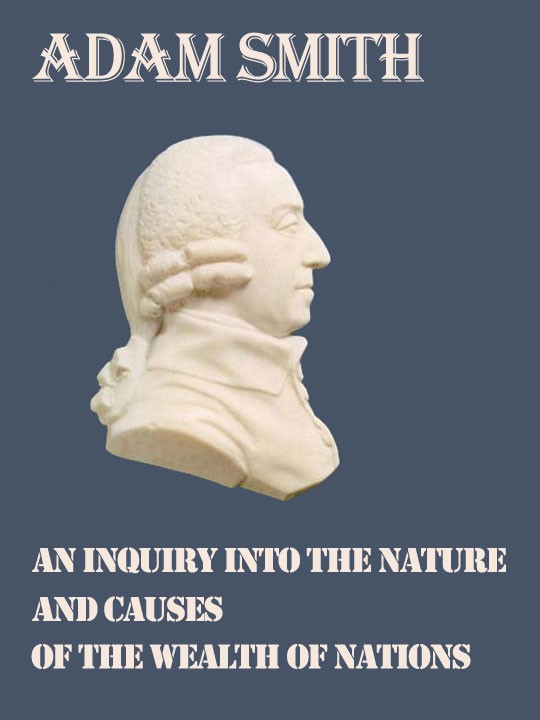
An Inquiry into the Nature and Causes of the Wealth of Nations
გამომცემლობა Literacy
Adam Smith's masterpiece, first published in 1776, is the foundation of modern economic thought and remains the single most important account of the rise of, and the principles behind, modern capitalism. Written in clear and incisive prose, The Wealth of Nations articulates the concepts indispensable to an understanding of contemporary society.
- ყდა
- თავფურცელი
- Introduction and plan of the work
- Part 1. Of the Causes of Improvement in the productive Powers of Labour, and of the Order according to which its Produce is naturally distributed among the different Ranks of the People
- Chapter 1 Of the Division of Labour
- Chapter 2 Of the Principle which gives Occasion to the Division of Labour
- Chapter 3 That the Division of Labour is limited by the Extent of the Market
- Chapter 4 Of the Origin and Use of Money
- Chapter 5 Of the real and nominal Price of Commodities, or of their Price in Labour, and their Price in Money
- Chapter 6 Of the component Parts of the Price of Commodities
- Chapter 7 Of the natural and market Price of Commodities
- Chapter 8 Of the Wages of Labour
- Chapter 9 Of the Profits of Stock
- Chapter 10 Of Wages and Profit in the different Employments of Labour and Stock
- Chapter 11 Of the Rent of Land
- Part 2. Of the Nature, Accumulation, and Employment of Stock
- Chapter 1 Of the Division of Stock
- Chapter 2 Of Money considered as a particular Branch of the general Stock of the Society, or of the Experience of maintaining the National Capital
- Chapter 3 Of the Accumulation of Capital, or of productive and unproductive Labour
- Chapter 4 Of Stock lent at Interest
- Chapter 5 Of the different Employment of Capitals
- Part 3. Of the different Progress of Opulence in different Nations
- Chapter 1 Of the Natural Progress of Opulence
- Chapter 2 Of the Discouragement of Agriculture in the ancient State of Europe after the Fall of the Roman Empire
- Chapter 3 Of the Rise and Progress of Cities and Towns, after the Fall of the Roman Empire
- Chapter 4 How the Commerce of the Towns contributed to the Improvement of the Country
- Part 4. Of Systems of political Economy
- Chapter 1 Of the Principle of the commercial, or mercantile System
- Chapter 2 Of Restraints upon the Importation from foreign Countries of such Goods as can be produced at Home
- Chapter 3 Of the extraordinary Restraints upon the Importation of Goods of almost all Kinds, from those Countries with which the Balance is supposed to be disadvantageous
- Chapter 4 Of Drawbacks
- Chapter 5 Of Bounties
- Chapter 6 Of Treaties of Commerce
- Chapter 7 Of Colonies
- Chapter 8 Conclusion of the Mercantile System
- Chapter 9 Of the Agricultural Systems, or of those Systems of Political Economy, which represent the Produce of Land, as either the sole or the principal Source of the Revenue and Wealth of every Coun
- Part 5. Of the Revenue of the Sovereign or Commonwealth
- Chapter 1 Of the Expences of the Sovereign or Commonwealth
- Chapter 2 Of the Sources of the general or public Revenue of the Society
- Chapter 3 Of public Debts





